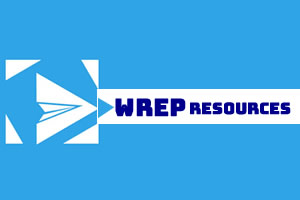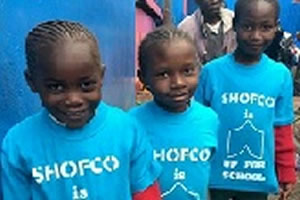NATIONAL WORKSHOP ON GENDER DIMENSION OF CONFLICTS “INCLUSIVE AND COLLABORATIVE PEACE-BUILDING; LESSONS FROM THE GROUND” ABUJA 2018.
Women’s Right to Education Programme (WREP) and Women’s International League for Peace and Freedom (WILPF Nig) Partnered with and Hosted a team of research consortium from the Graduate Institute of International & Development Studies Geneva, Switzerland and Gadjah Mada University, Yogyakarta, Indonesia.
The research project was funded by; Swiss National Science Foundation(SNSF), Swiss Agency for Development and Cooperation (SDC), and Swiss Programme for Research On Global Issues for Development.
The research was conducted in three states in Nigeria namely (Jos, Enugu and Warri) and Indonesia (Ambon, Aceh and East Java) that experience diverse/similar types of conflict. The research study design was set out to compare and contrast the gender dimension of social conflict, armed violence and peacebuilding in three selected states experiencing same kind of conflict in Indonesia and Nigeria.
The project started from the assumption that intersectionally gendered power relations affect a community’s capacity to manage conflicts and prevent violence. The following overarching questions were explored;
- What is the connection between gender relations, the level of violence in a community during conflict, and its capacity for violence management?
- How does gender inform peace building practices in intersection with other identity categories and to what effect?
The Objectives of the Research were;
- To develop better understanding of the ways in which gender informs conflict management and peace building practices.
- To influence local, national and international peace-builders to consider gender in their practices through the targeted circulation of contextualized and transferable knowledge.
The two nations stroke more semblance in issues raised about the
Communities and how the use of similar peaceful tools such as positive media narrative in reporting news, youths participating in creative art, sports and lots more to maintain peace between conflicting communities.
At the end of the workshop, a sole responsibility lies in her citizens, government, civil society organization, media religious leaders, community leaders, youth, women and men to ensure a peaceful coexistence in our environs. Nigeria is a young democracy; peace is a gradual process which is evolving. It will get to a time where we manage our conflicts resiliently and constructively.
Thus, gender functions as a resource in peace-building both masculinity and femininity become productive for peace and conflict reconstruction in different ways.


